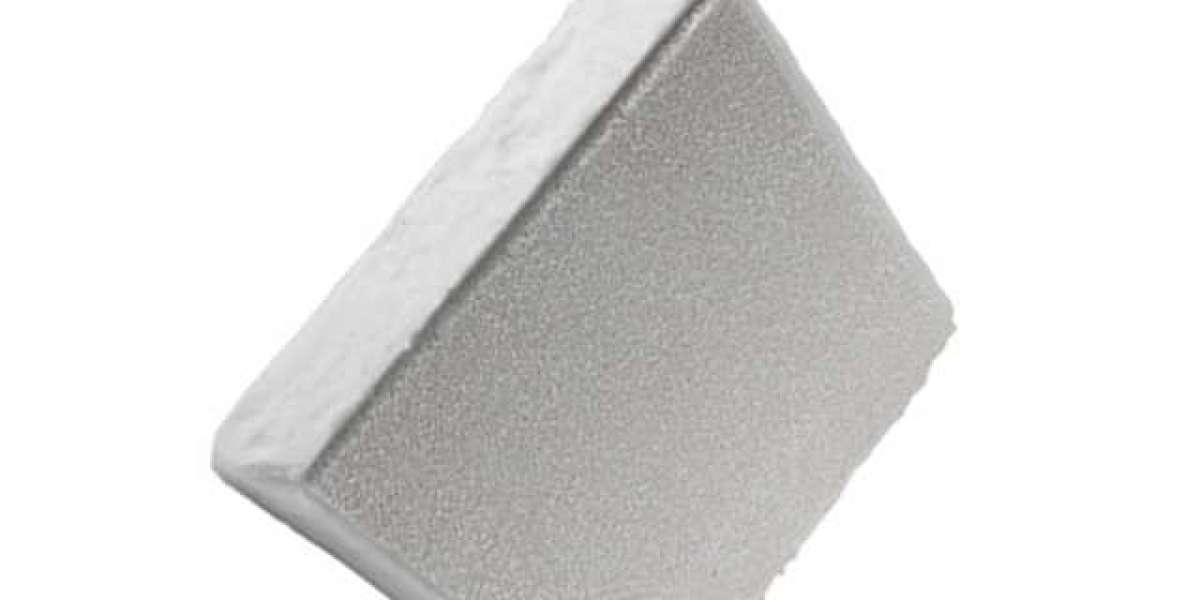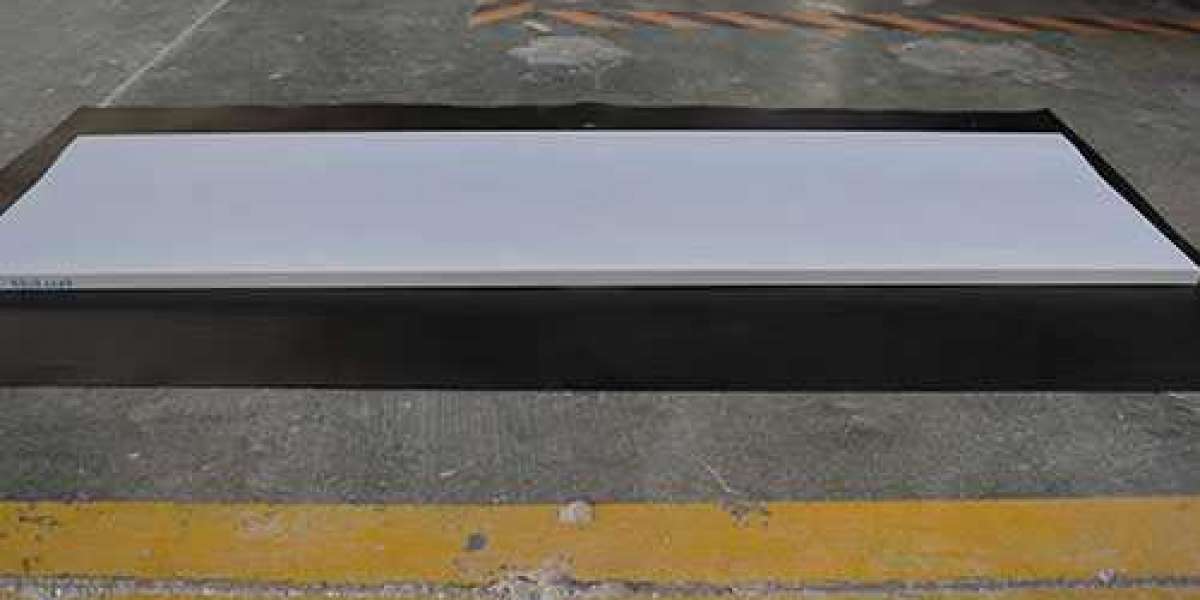Alu Ceramic Foundry Filter can effectively remove molten aluminum inclusions and significantly improve the quality of aluminum products.
Due to the oxygen affinity of aluminum, oxides are the most common among all aluminum alloy melt inclusions.
The oxides in molten aluminum come in different types and shapes, with a density of 2.3-4g/cm”.
These depend on the oxidation time, temperature and its thickness.
Oxides will appear in the process of pretreatment, smelting, refining, pouring and heat treatment. As long as the aluminum melt is in contact with oxygen, oxide inclusions will be formed.
Oxidized inclusions exist in the castings in the form of blocks, flakes and granules.
The nucleation and growth of oxide inclusions are affected by many factors, such as temperature, alloying elements and environmental humidity.
Temperature is the most important influencing factor, and rising accelerates the oxidation of aluminum melt.
Different alloying elements have different oxidation reaction rates, depending on their contribution to the density of the oxide layer and the level of oxygen affinity.
Alu Ceramic Foundry Filter can effectively remove the inclusions in the aluminum melt and significantly improve the quality of aluminum products. So as to greatly improve the production of aluminum products.
Aluminum products play an important role in the daily lives of residents.
In the early production process of aluminum products, due to the imperfect technical means of its own, there was a large amount of alumina residue in the electrolytic aluminum liquid, which seriously affected the quality of aluminum products.
In the modern aluminum casting industry, in the process of producing aluminum products, Ceramic Foundry Filter can effectively improve the quality of aluminum products in the aluminum oxide.
The chemical composition of the non-metallic inclusions formed in the aluminum melt is very stable, and it is easy to cause cracks in the casting after solidification.
The presence of non-metallic inclusions makes it difficult to predict the mechanical properties of castings.
The influence of oxidized inclusions on the tensile properties of aluminum alloys, they believe that the main reason for the reduction of mechanical properties of aluminum alloys.



